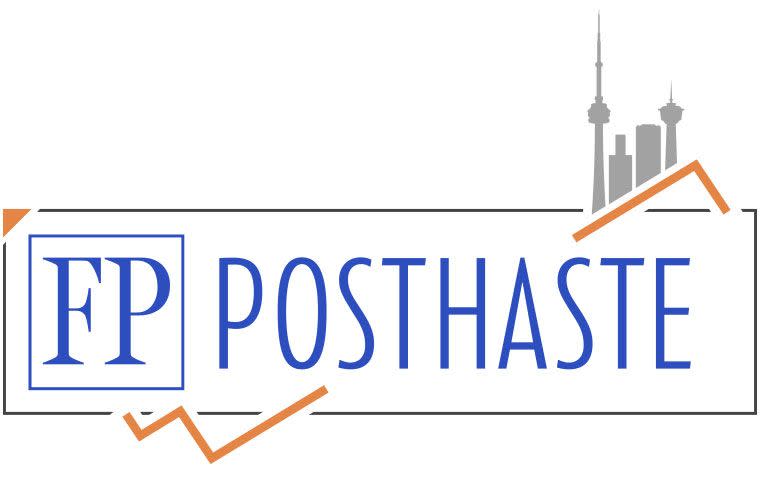Posthaste: Canadian employers are in a pickle — they plan to hire less but face record talent shortage


Hiring continues to slow in Canada even while employers struggle to secure the skilled talent they need, the latest version of a long-running employment survey suggests.
More Canadian employers are looking to add rather than let staff go in the first quarter of 2024, although the number who expect to hire has fallen steadily from highs recorded in the second and third quarters of 2022, the latest version of the Manpower Group Employment Outlook Survey, found.
Manpower Group interviewed 1,000 employers in Canada regarding their staffing plans for the first quarter of 2024 and found that 41 per cent intended to hire, while 16 per cent planned to cut the number of employees.
That adds up to a net employment outlook of +25 per cent, which means there are more employers expecting to expand their headcount than reduce it.
“Canadian employers expect steady, yet moderating, hiring in Q1 2024,” said Manpower in a press release accompanying the survey, while noting that the hiring outlook is down two per cent from the fourth quarter of 2023 and down eight per cent from the same time last year.
“All regions are expecting muted hiring compared to last year at this time,” Manpower said.
The global human resources company based this iteration of its decades-old survey on interviews with human resources leaders, managers and chief executives at 40,077 public and private employers of varying sizes in 41 countries and regions.
Canada appears to have placed close to the middle of the pack.
Its net employment outlook lands just below the global average +26 per cent. The United States posted an employment outlook of +35 per cent.
Canadian employers’ moderating hiring intentions mirror the jobs market in Canada, which is in flux.
Canada’s unemployment rate rose to 5.8 per cent in November from 5.7 per cent in October after falling to a post-pandemic low of 4.9 per cent in June 2022. The number of people looking for work outpaced jobs created due to a massive influx of immigrants.
Meanwhile, job vacancies fell from over one million in the second quarter of 2022 to just over 800,000 in the second quarter of this year, according to Statistics Canada, although vacancies remain well above pre-pandemic levels of about half a million.
While tightness in the labour market appears to be easing, Manpower found that “persistent talent shortages continue to impede hiring efforts” with 80 per cent of employers reporting that they expect to have trouble finding skilled workers to fill openings. This measure has been steadily rising over the decade from 31 per cent in 2014 and is higher than the global average of 75 per cent.
Among the top skills in short supply were IT and data, operations and logistics, sales and marketing, engineering, administration and support.
Looking at some of the eight sectors the survey examined, 77 per cent of employers in goods and services said they had “some” to “a lot of” trouble finding staff with Manpower forecasting a net employment outlook of +29 per cent, up two per cent from last quarter and two per cent from the year before.
Eighty per cent of energy and utilities employers reported having trouble finding staff with Manpower anticipating a net employment outlook of +33 per cent.
The most stressed sector appeared to be health care and life sciences with 90 per cent of employers reporting difficulty in finding staff. It recorded a net employment outlook of +29 per cent.
Sign up here to get Posthaste delivered to your inbox.


National home prices declined again in November amid signs that sellers are giving up on the housing market after rushing to list properties earlier in the fall.
According to data released by the Canadian Real Estate Association on Dec. 14, the average home price in November fell 0.4 per cent on a month-over-month basis.
The MLS Home Price Index (HPI), meanwhile, declined 1.1 per cent from October, but remained up 0.6 per cent from a year ago. — Shantae Campbell, Financial Post
Read the full story here.
Bank of Canada governor Tiff Macklem will give a speech at a Canadian Club Toronto event starting at 12:40 p.m. EST
Finance Minister Chrystia Freeland will host the annual meeting of provincial, and territorial finance ministers in Toronto to discuss shared priorities such as housing, affordability, and economic growth
Today’s data: Canadian housing starts, international securities transactions and wholesale sales excluding petroleum
Get all of today’s top breaking stories as they happen with the Financial Post’s live news blog, highlighting the business headlines you need to know at a glance.

Sticky business: Quebec’s maple syrup farmers struggle with drop in global demand
David Rosenberg: The Fed just woke up and smelled the recession
CRA may tax company gifts to employees, depending on what it is and how much it’s worth
Seven years ago, veteran investor Peter Hodson gave Santa an investors’ wish list, but the five wishes outlined then still very much apply: Investors are still thinking short term, they are still predicting too much, they are still buying mutual funds, etc., so perhaps the big guy isn’t paying attention. With Christmas a week away, Hodson decided to update his wish list. Hopefully, Santa will listen this time.
Get ready for the 'great adjustment' in Canada's housing market
Canadians turn more stingy as charitable giving dips to 20-year low
Today’s Posthaste was written by Gigi Suhanic, with additional reporting from The Canadian Press and Bloomberg.
Have a story idea, pitch, embargoed report, or a suggestion for this newsletter? Email us at posthaste@postmedia.com, or hit reply to send us a note.

 Yahoo Finance
Yahoo Finance 



